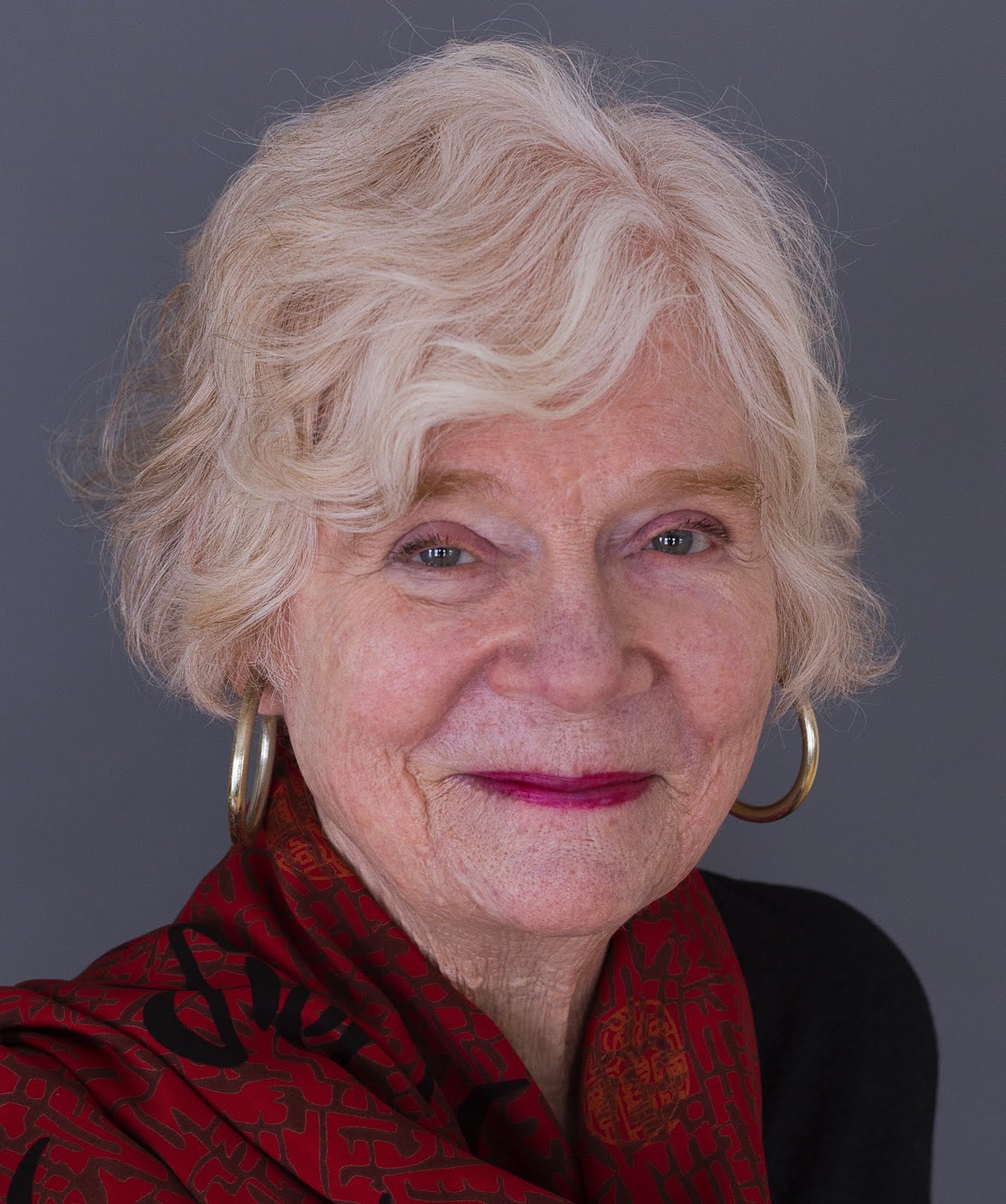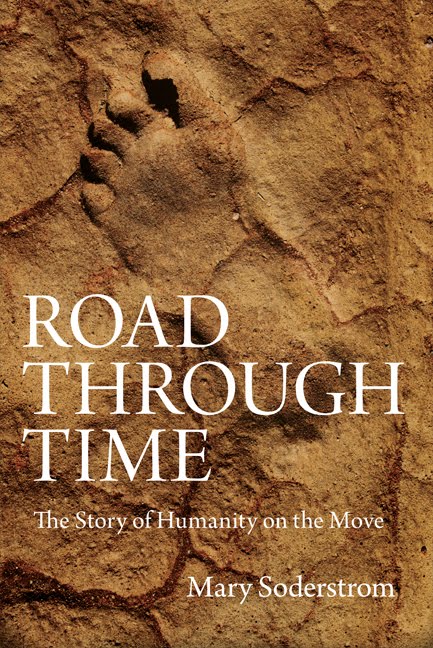Friday 21 September 2007
Department of You've Come a Long Way Baby: Who's Freer, a Young Woman in Shorts or in a Burka?
Just finished Henry James’s Washington Square when I received notice that Sissy Willis had left a comment on my post about Anita Kunz's New Yorker cover and Henry James: “Moral relativism in the face of gynophobic Islamicists could get you killed, girl.”
I don’t doubt that, but so can flitting around in shorts and a halter top (as one of the young women in the New Yorker cover is; the other two are in burka and nun's habit) if you do so in a place where the amount of skin you show can be interpreted as indicating that you're for sale. Well, getting killed is less frequent but rape can occur if you and the male don't understand what you're offering.
It’s a matter of choosing context, and my point is that we decide what we wear and how we act in large part to send out signals that our society and culture approve of. Did the scantily-clad young woman on the cover make a free choice to dress like that, or was she railroaded into it by a barrage of sexually-charged advertising?
Which brings me back to Washington Square. If ever there was a misogynistic character it is Dr. Sloper who considers his only child—a daughter—stupid and incapable of making decisions for herself. He is convinced that her only suitor is after her money and essentially destroys the girl by insisting that she not marry him.
The story takes place in the 1830s, and it is striking to realize how much the Western world has changed since then…
But it hasn’t completely. As recently as 25 years ago Diana Spencer—a pretty young women with not much going for her intellectually—was set up to become Prince Charles’s wife. It would appear that her virginity was checked out by doctors for the Royals: certainly the fact that she had not been attached to any young man previously was considered very important.
We all know what happened later.
The world is full of contradictions and subtleties. Don’t forget that.
I don’t doubt that, but so can flitting around in shorts and a halter top (as one of the young women in the New Yorker cover is; the other two are in burka and nun's habit) if you do so in a place where the amount of skin you show can be interpreted as indicating that you're for sale. Well, getting killed is less frequent but rape can occur if you and the male don't understand what you're offering.
It’s a matter of choosing context, and my point is that we decide what we wear and how we act in large part to send out signals that our society and culture approve of. Did the scantily-clad young woman on the cover make a free choice to dress like that, or was she railroaded into it by a barrage of sexually-charged advertising?
Which brings me back to Washington Square. If ever there was a misogynistic character it is Dr. Sloper who considers his only child—a daughter—stupid and incapable of making decisions for herself. He is convinced that her only suitor is after her money and essentially destroys the girl by insisting that she not marry him.
The story takes place in the 1830s, and it is striking to realize how much the Western world has changed since then…
But it hasn’t completely. As recently as 25 years ago Diana Spencer—a pretty young women with not much going for her intellectually—was set up to become Prince Charles’s wife. It would appear that her virginity was checked out by doctors for the Royals: certainly the fact that she had not been attached to any young man previously was considered very important.
We all know what happened later.
The world is full of contradictions and subtleties. Don’t forget that.
Subscribe to:
Post Comments (Atom)


















No comments:
Post a Comment